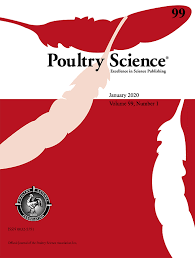Document type: Scientific article published in Science
Authors: Kathleen Morrill, Jessica Hekman, Xue Li, Jesse McClure, Brittney Logan, Linda Goodman, Mingshi Gao, Yinan Dong, Marjie Alonso, Elena Carmichael, Noah Snyder-Mackler, Jacob Alonso, Hyun Ji Noh, Jeremy Johnson, Michele Koltookian, Charlie Lieu, Kate Megquier, Ross Swofford, Jason Turner-Maier, Michelle E. White, Zhiping Weng, Andrés Colubri, Diane P. Genereux , Kathryn A. Lord, Elinor K. Karlsson
Preview: Modern domestic dog breeds are only ~160 years old and are the result of selection for specific cosmetic traits. To investigate how genetics aligns with breed characteristics, Morrill et al. sequenced the DNA of more than 2000 purebred and mixed-breed dogs. These data, coupled with owner surveys, were used to map genes associated with behavioral and physical traits. Although many physical traits were associated with breeds, behavior was much more variable among individual dogs. In general, physical trait heritability was a greater predictor of breed but was not necessarily a predictor of breed ancestry in mutts. Among behavioral traits, biddability-how well dogs respond to human direction-was the most heritable by breed but varied significantly among individual dogs. Thus, dog breed is generally a poor predictor of individual behavior and should not be used to inform decisions relating to selection of a pet dog.
News item published in Science on 28 April 2022: Your dog's breed doesn't determine its personality, study suggests






